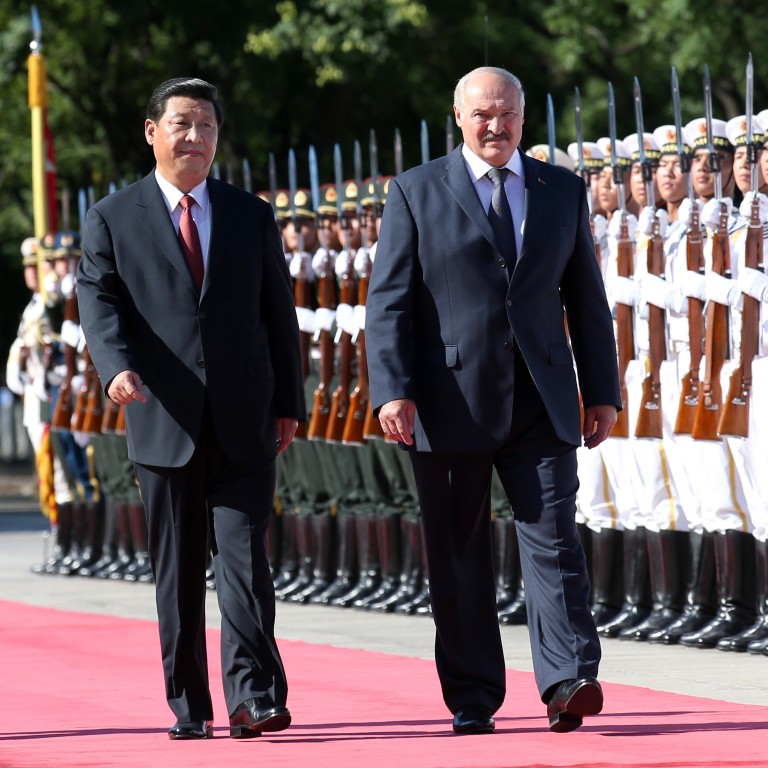
China to replace America as the leading superpower, survey finds
Public's view of China not favourable, Pew survey finds
China will replace America as the leading superpower, according to an international global attitudes survey released on Thursday, even though just half of the nations polled view China favourably.
And only one in every four nations thinks China respects the personal freedom of its people. In comparison, 95 per cent of nations think the US government respects its citizens’ personal freedoms in the survey which was conducted before Edward Snowden's surveillance revelations were made public.
These are among the major findings of the Pew Research Centre’s Global Attitudes Project, which conducted surveys in 39 countries among 37,653 respondents from March 2 to May 1, 2013. It is the first study to gauge public responses to China to such a large scale.
“It would appear that the treatment of personal freedom is a very strong indicator of favourability, and that’s a data point the Chinese government has to think about,” said Bruce Stokes, director of the Global Attitudes project.

Even in America, nearly half of respondents said China has or will replace the U.S. as the top global power.
Stokes said China’s rise could be a factor in its low favourability ratings: “When you’re considered the biggest guy on the block, you may not be liked,” he said.
The numbers of Chinese and Americans who hold positive views of the other country have plunged in the past two years. In Pew global survey results from two years ago, 51 per cent of Americans expressed a positive view of China compared with 37 per cent now. Similarly, 58 per cent of Chinese had a favourable opinion of America in 2010 while only 40 per cent do today.
Xu Guoqi, a Sino-foreign relations expert at the University of Hong Kong and author of Olympic Dreams, said that China’s global image suffers from a lack of direction in its foreign policy.
“The big problem with Chinese foreign policy is that it lacks long term thinking of [American] policies in the 19th and 20th centuries. China does not even have clearly defined national interests. For example, nobody today in Beijing can answer the following question: Whose interest is more important, the Communist Party's or national interest? What will the government do if there is clash between party's interest and national interest?”
Unsurprisingly, the Japanese have the lowest regard for China by a wide margin, with only 5 per cent expressing a positive view of China. The feeling is mutual. Only 4 per cent of Chinese see Japan favourably.

